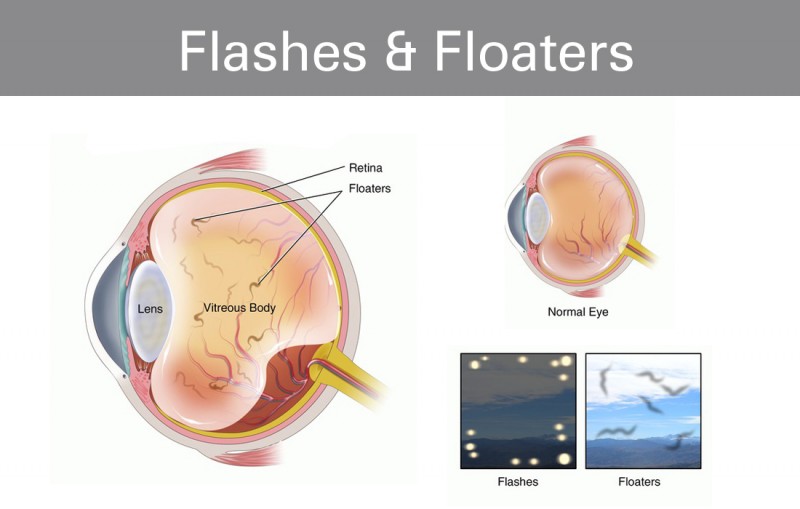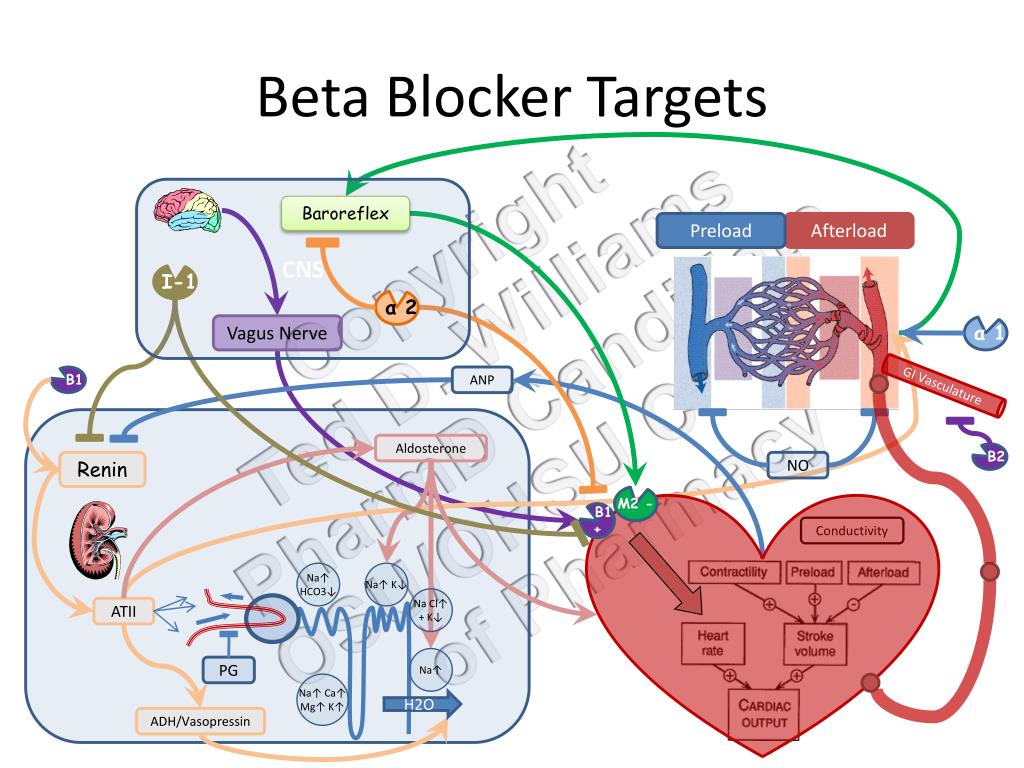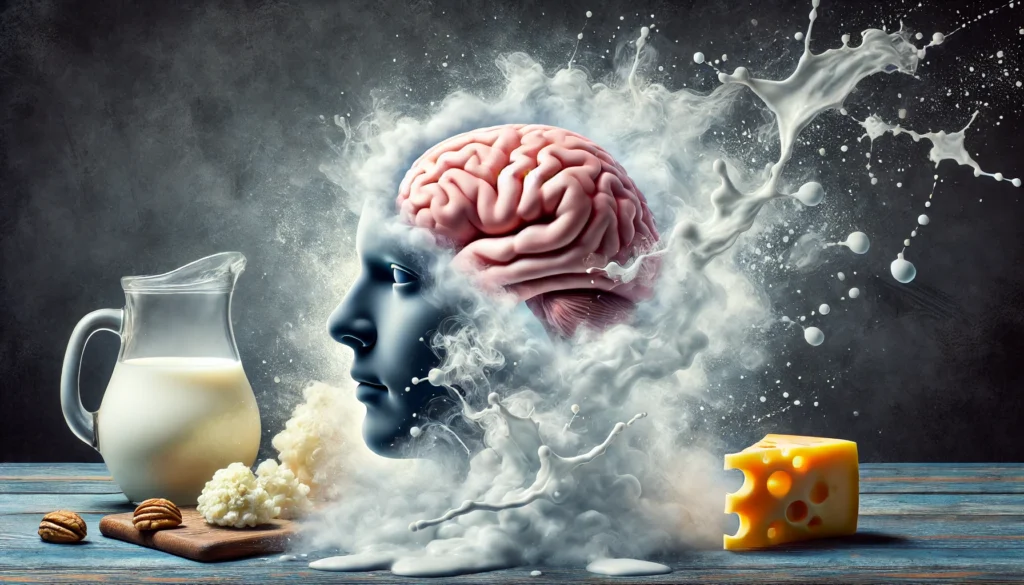Gut Check for Mental Health - The Microbiome-Depression Link Gains Ground

The human gut, once considered a simple digestive system, has revealed itself to be a complex ecosystem teeming with trillions of bacteria, fungi, and viruses collectively known as the gut microbiome. Over the past decade, research has increasingly highlighted the profound influence of this internal world on our overall health, impacting everything from digestion and immunity to our risk of chronic diseases. Recently, a new frontier in microbiome research has emerged, focusing on the intriguing connection between the gut and the brain, particularly its potential role in mental health conditions like depression.
Beyond the Gut: Unraveling the Microbiome-Brain Axis
The intricate communication network between the gut and the brain, dubbed the "microbiome-gut-brain axis," is a hotbed of scientific exploration. This bidirectional pathway allows the gut microbiome to influence brain function and behavior, while the brain, in turn, can modulate the composition and activity of the gut microbiome.
Several mechanisms have been proposed to explain this complex interplay:
- Microbial metabolites: Gut bacteria produce a wide array of metabolites, including short-chain fatty acids (SCFAs) like butyrate, propionate, and acetate, which can influence brain function by modulating neurotransmitter production, reducing inflammation, and impacting the blood-brain barrier.
- Immune system modulation: The gut microbiome plays a crucial role in shaping the immune system. Imbalances in the microbiome, known as dysbiosis, can lead to systemic inflammation, which has been implicated in the development of depression and other mood disorders.
- Neuroendocrine pathways: The gut microbiome can influence the production of hormones like cortisol and serotonin, key players in regulating mood, stress responses, and overall mental wellbeing.
- Vagus nerve communication: This major nerve acts as a direct communication highway between the gut and the brain, allowing the microbiome to influence brain activity and behavior.
Emerging Evidence: Linking Gut Dysbiosis to Depression
While research on the microbiome-depression connection is still in its early stages, accumulating evidence suggests a potential causal link between gut dysbiosis and an increased risk of developing depression. Several key findings support this hypothesis:
- Observational Studies: Numerous studies have observed significant differences in the gut microbiome composition of individuals with depression compared to healthy controls. Depressed individuals often exhibit lower microbial diversity, an indicator of a less resilient gut ecosystem, and alterations in specific bacterial taxa associated with inflammation and impaired gut barrier function.
- Fecal Microbiota Transplantation (FMT) Studies: In preclinical studies, transferring the gut microbiota from depressed individuals to germ-free mice has been shown to induce depressive-like behaviors in the recipient animals, suggesting a causal role for the microbiome in depression. While human FMT studies are limited, some early results indicate potential benefits for individuals with depression, but larger, well-controlled trials are needed.
- Dietary Interventions: Studies exploring the impact of dietary interventions on depression have found that improving dietary quality, particularly increasing the intake of fiber-rich plant foods that nourish beneficial gut bacteria, can have positive effects on mood and depressive symptoms. Conversely, diets high in processed foods, sugar, and unhealthy fats have been linked to an increased risk of depression, potentially by negatively impacting the gut microbiome.
The Future of Mental Healthcare: Harnessing the Power of the Microbiome
The burgeoning field of microbiome research holds immense promise for revolutionizing our understanding and treatment of mental health disorders. As we delve deeper into the intricate connections between the gut and the brain, the potential for developing novel therapeutic interventions targeting the microbiome for depression is becoming increasingly apparent.
Several promising avenues for future research and clinical applications include:
- Personalized Microbiome Analysis: Identifying specific microbiome signatures associated with depression subtypes could pave the way for personalized treatment approaches tailored to an individual's unique gut ecosystem.
- Targeted Probiotic and Prebiotic Therapies: Developing next-generation probiotics containing specific bacterial strains with proven antidepressant effects and prebiotics that selectively nourish these beneficial bacteria could provide targeted therapies for modulating the gut microbiome and improving mental health.
- Dietary Interventions: Incorporating personalized dietary recommendations based on an individual's gut microbiome profile could become an integral part of managing depression, promoting a healthier gut ecosystem, and supporting overall mental wellbeing.
Concluding Thoughts: A Paradigm Shift in Mental Healthcare
The emerging research on the microbiome-depression link represents a paradigm shift in our understanding of mental health. It challenges the traditional view of the brain as an isolated organ and highlights the critical role of the gut microbiome as a key player in shaping our emotional wellbeing. While further research is needed to fully elucidate the complex interplay between the gut and the brain, the potential for harnessing the power of the microbiome to develop novel and effective treatments for depression and other mood disorders is both exciting and promising. As we continue to unravel the mysteries of the gut-brain axis, we can anticipate a future where personalized microbiome-based interventions become an integral part of a holistic approach to mental healthcare.















Comments ()